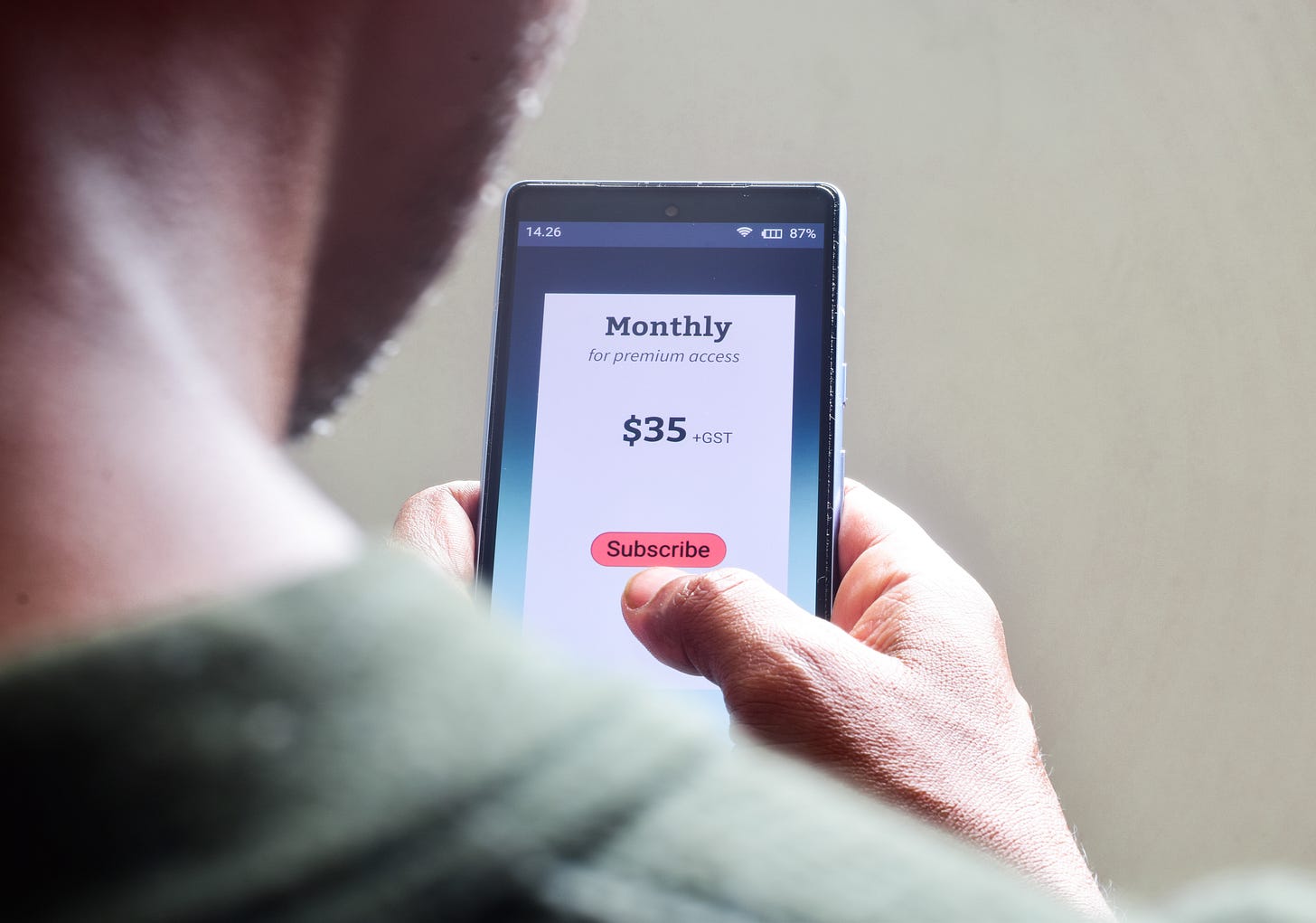How Subscriptions Have Changed the Direct-to-Consumer Industry
Happy Wednesday D2C Geeks,
Welcome to our latest newsletter! This week, we’re diving into a trend that’s transforming the DTC industry: subscription models.
The Rise of Subscriptions in DTC
Subscription services have become a powerful force in the DTC market, providing businesses with a steady revenue stream and customers with convenient and personalized experiences. From beauty products to meal kits, subscriptions are changing how consumers shop and how brands operate.
Benefits for Consumers
1. Convenience:
Subscriptions offer the ease of automatic delivery, saving time and effort for busy consumers. No more last-minute trips to the store – everything you need arrives right at your doorstep.
2. Personalization:
Many subscription services curate their offerings based on individual preferences. Whether it’s a monthly box of handpicked skincare products or a tailored wine selection, consumers enjoy a bespoke shopping experience. This personalization aspect also reduces the risk of returns because customers are more likely to be satisfied with their purchase.
3. Cost Savings:
Subscriptions often come with discounts and exclusive deals, making it more economical for consumers to purchase products regularly. Brands can also offer mystery boxes or free samples through their subscriptions, allowing for a cost effective route to getting rid of unused products.
Advantages for Brands
1. Predictable Revenue:
Subscription models provide businesses with a consistent and predictable income stream, helping with financial planning and stability.
2. Customer Loyalty:
By offering a recurring service, brands build stronger relationships with customers, leading to increased loyalty and long-term engagement.
3. Data Insights:
Subscription services allow brands to gather valuable data on consumer preferences and behaviors, enabling more targeted marketing and product development.
Case Studies
1. Dollar Shave Club:
One of the pioneers in the DTC subscription space, Dollar Shave Club, disrupted the razor industry with its affordable and convenient razor delivery service. The company’s success led to its acquisition by Unilever for $1 billion in 2016.
2. Birchbox:
Birchbox revolutionized the beauty industry with its subscription box model, offering customers personalized samples of beauty products. This approach not only delighted consumers but also provided valuable feedback to beauty brands. As mentioned in the cost savings section of this newsletter, beauty companies were also able to profit off of free samples that would have otherwise been costly to dispose of.
3. HelloFresh:
In the meal kit sector, HelloFresh has made a significant impact by delivering fresh ingredients and easy-to-follow recipes to subscribers’ doors. This model has not only simplified cooking but also encouraged healthier eating habits. Hello Fresh also provides a cooking service that minimizes food waste by only giving the exact volume of ingredients needed for the recipe. This saves customers from needing to buy certain ingredients in which they may only use a miniscule amount of.
The Future of DTC Subscriptions
As the subscription model continues to evolve, we can expect to see even more innovation in the DTC space. Enhanced personalization, flexible subscription plans, and integration with emerging technologies like AI and IoT will likely shape the future of subscriptions.
In conclusion, subscriptions are more than just a trend; they are a fundamental shift in how consumers interact with brands. For businesses, this model offers a unique opportunity to create lasting relationships with their customers while ensuring steady growth and adaptability in a competitive market.
Stay tuned for our next newsletter, where we’ll explore more exciting developments in the DTC industry. Until then, happy shopping!
Best regards,
Jenna Logwood

